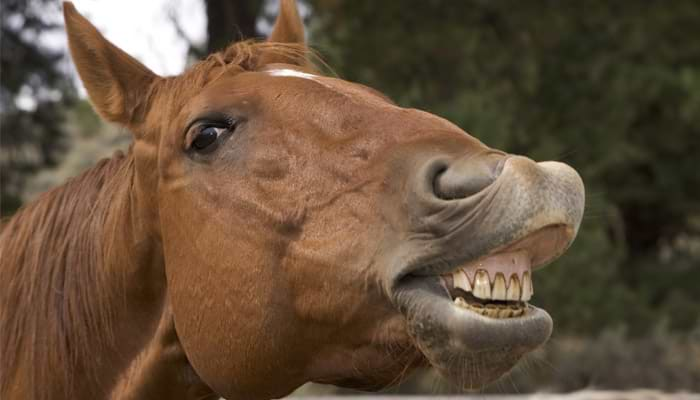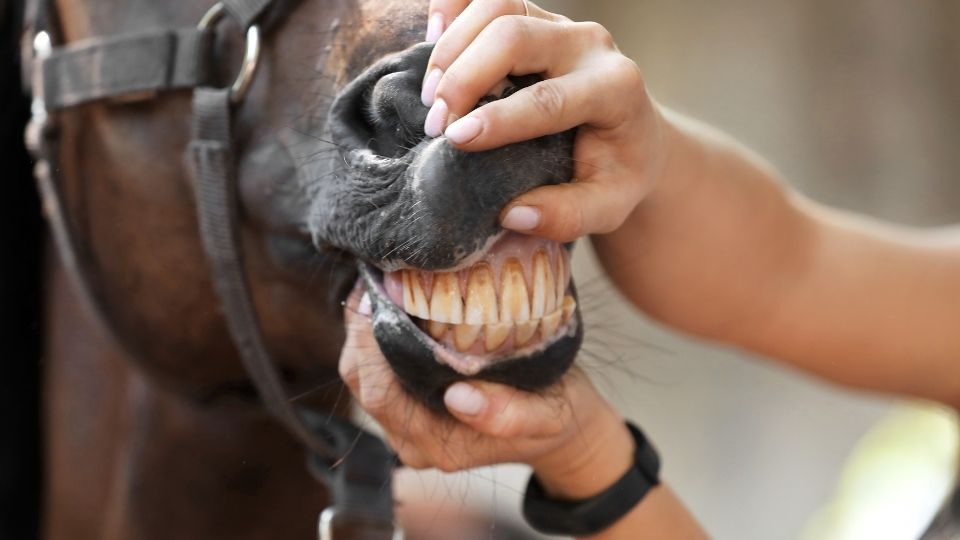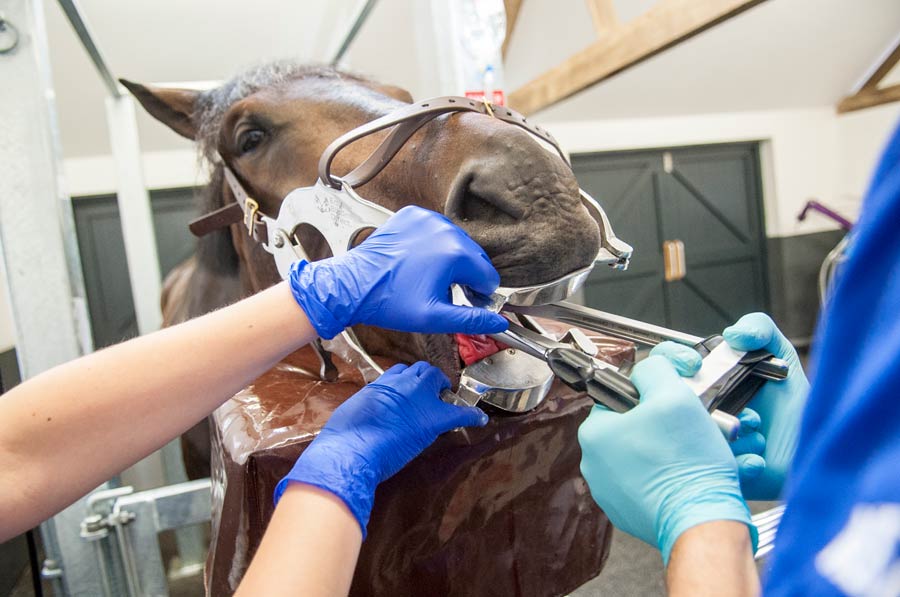Ensuring proper horse dental hygiene is crucial for maintaining the overall health and well-being of your equine companion. Horses, like humans, require regular dental care to prevent issues that can affect their comfort and performance. In this article, we delve into the importance of equine dental hygiene and how it impacts their health.

The Importance of Regular Dental Check-Ups
Regular dental check-ups for horses are as important as they are for humans. Horses have unique dental structures that require specialized care. Without proper attention, horses can develop dental problems that may lead to discomfort, difficulty eating, and even behavioral issues. Regular dental examinations help in identifying potential issues early, ensuring timely interventions.
For more detailed insights on why horses need dental work, visit this link.
Common Dental Issues in Horses
Horses can face various dental issues such as sharp enamel points, hooks, ramps, and wave complexes. These issues can cause pain and hinder their ability to chew properly. Sharp enamel points, for instance, can lead to lacerations in the mouth. Identifying these issues early can prevent long-term damage.
To learn more about specific horse tooth problems, check this resource.
Signs of Dental Problems
Recognizing signs of dental problems is vital. Common signs include:
- Dropping food while eating
- Excessive salivation
- Bad breath
- Weight loss
- Head tilting or shaking
If you notice any of these signs, it’s time for a dental check-up.
Understanding Equine Dental Anatomy
Horses possess a unique dental anatomy. They have hypsodont teeth, which means their teeth continue to erupt throughout their lives. Understanding this anatomy is crucial for effective dental care. Horses have between 36 to 44 teeth, depending on the presence of canine teeth and wolf teeth.
For a comprehensive equine dental chart, visit this link.
The Role of Equine Dentists
Equine dentists play a pivotal role in maintaining horse dental hygiene. They are trained to diagnose and treat dental issues, ensuring the horse’s oral health is in optimal condition. Regular visits from an equine dentist can prevent minor issues from developing into serious problems.
Preventive Measures for Horse Dental Health
Preventive care is the best way to maintain your horse’s dental health. This includes regular dental check-ups, a balanced diet, and dental hygiene practices like floating. Floating is a common procedure that involves filing down the sharp enamel points on the horse’s teeth.
For more on equine dental care, refer to this guide.
The Impact of Diet on Dental Health
The horse’s diet plays a significant role in their dental health. A diet high in processed feeds can contribute to dental issues. Providing a diet rich in natural forage helps to maintain healthy teeth and gums.
Frequently Asked Questions
What age should horses start dental care?
Horses should start receiving dental care as early as six months to a year old. Early care ensures that any developmental dental issues are addressed promptly.
How often should a horse’s teeth be checked?
Adult horses should have their teeth checked at least once a year. However, younger horses and older horses may require more frequent check-ups.
Can dental issues affect a horse’s behavior?
Yes, dental issues can cause significant discomfort, leading to behavioral changes such as reluctance to be bridled, head tossing, and general irritability.

Conclusion
Maintaining horse dental hygiene is essential for the overall health and well-being of your horse. Regular check-ups, a balanced diet, and preventive care can help avoid dental issues and ensure a happy, healthy equine companion. For more in-depth information on equine dentistry, you can visit this resource.
This article contains affiliate links. We may earn a commission at no extra cost to you.
